

Damion Smy
Suzuki Fronx recalled after seatbelt failure sparks ‘urgent investigation’
7 Hours Ago

Founder
Walking past a Ferrari dealership is always fun. You’re likely to see new cars in the window, often worth hundreds of thousands of dollars. But it’s not often you see Ferrari’s rarest supercars on display in one location.
We had the chance to check out the iconic Ferrari 288 GTO, F40, F50, Enzo and LaFerrari in Melbourne ahead of the Australian Formula One. Enjoy the video and photo gallery below of this epic collection of metal, valued at over $20 million.
Ferrari 288 GTO
Born in 1984, the Ferrari 288 GTO was initially designed to take part in the legendary Group B Rally series, which eventually ceased in 1986.
Despite the series cancellation, the 288 GTO was released to the public, gaining instant recognition for its performance and design.
Underneath the sleek, aerodynamic bodywork, the Ferrari 288 GTO houses a 2.9-litre twin-turbocharged V8 engine capable of producing 294kW of power and 496Nm of torque.
The engine is longitudinally mounted, ensuring optimal weight distribution and contributing to the car’s remarkable handling (at its time). The 288 GTO boasts a top speed of 304km/h, making it one of the fastest production cars of its era.
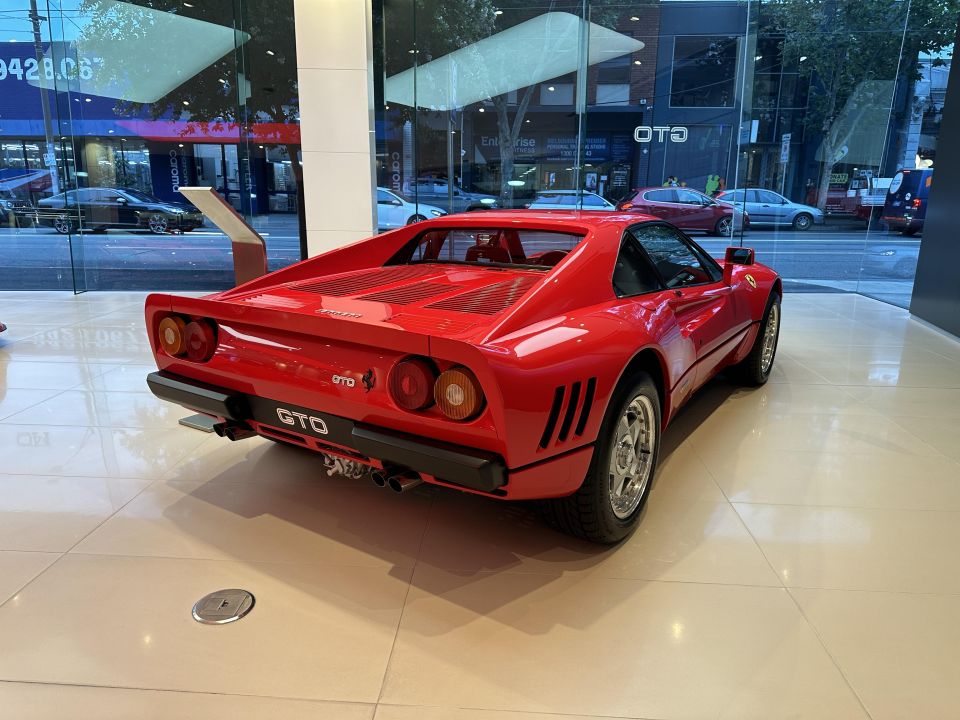
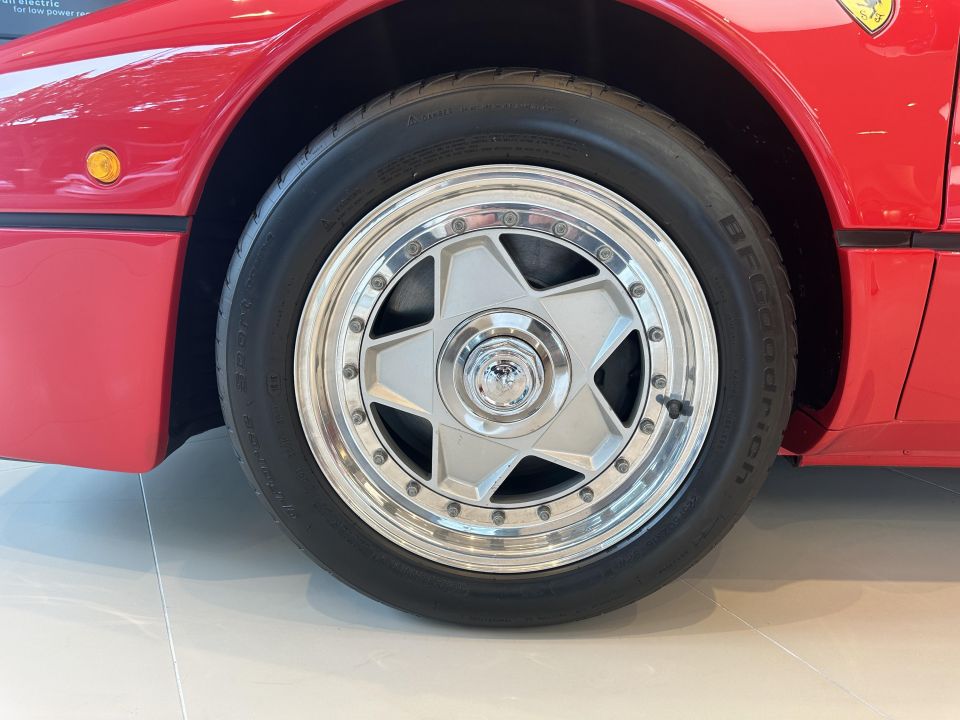
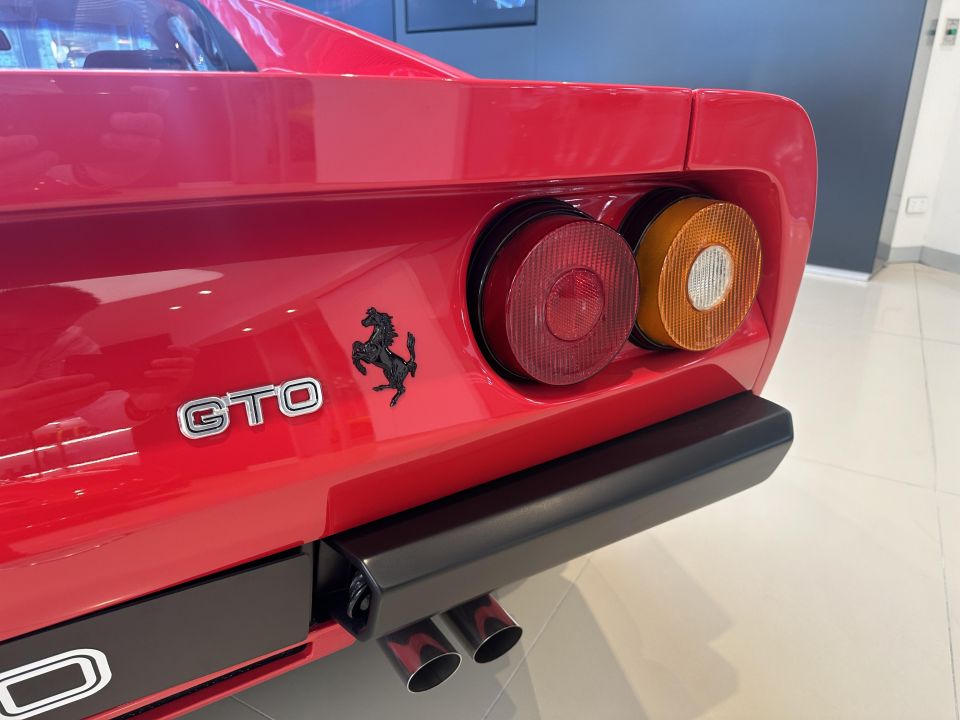
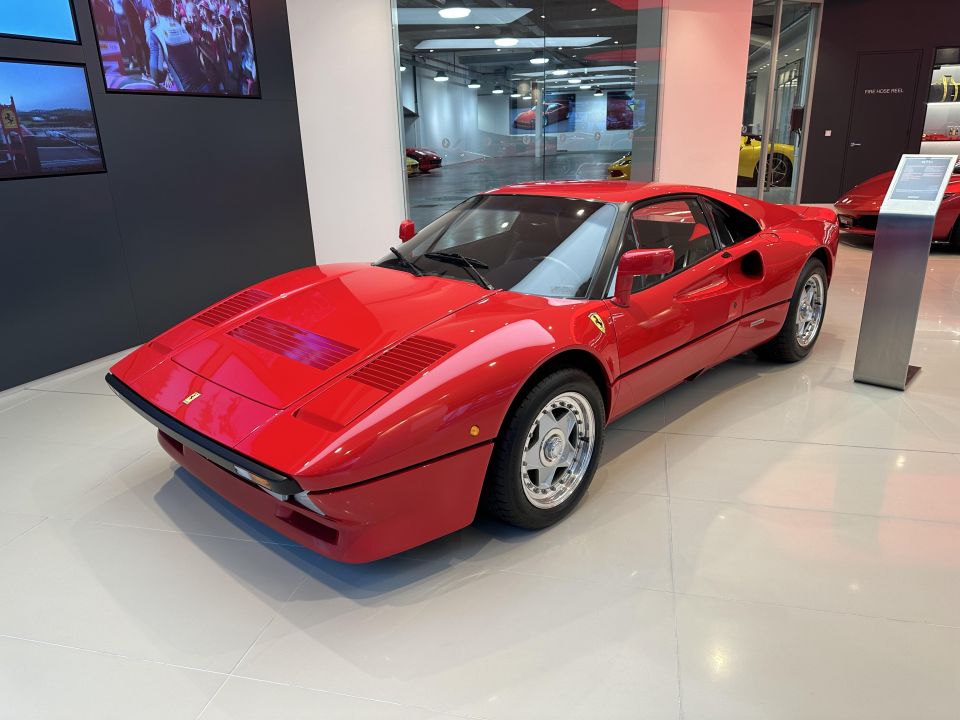
Ferrari 288 GTO key performance figures:
Crafted from lightweight materials like Kevlar, aluminium, and fibreglass, the 288 GTO maintained a svelte kerb weight of 1160kg, further enhancing its agility and responsiveness.
With its rich racing pedigree, the Ferrari 288 GTO has become a prized possession for collectors and enthusiasts alike.
Ferrari F40
The Ferrari F40, a high-performance supercar introduced in 1987, emerged as a symbol of automotive excellence and a testament to Enzo Ferrari’s vision.
Created to celebrate Ferrari’s 40th anniversary, the F40 was designed to offer an unparalleled driving experience, incorporating advanced technology, lightweight materials, and a powerful engine that set the standard for the supercars that followed.
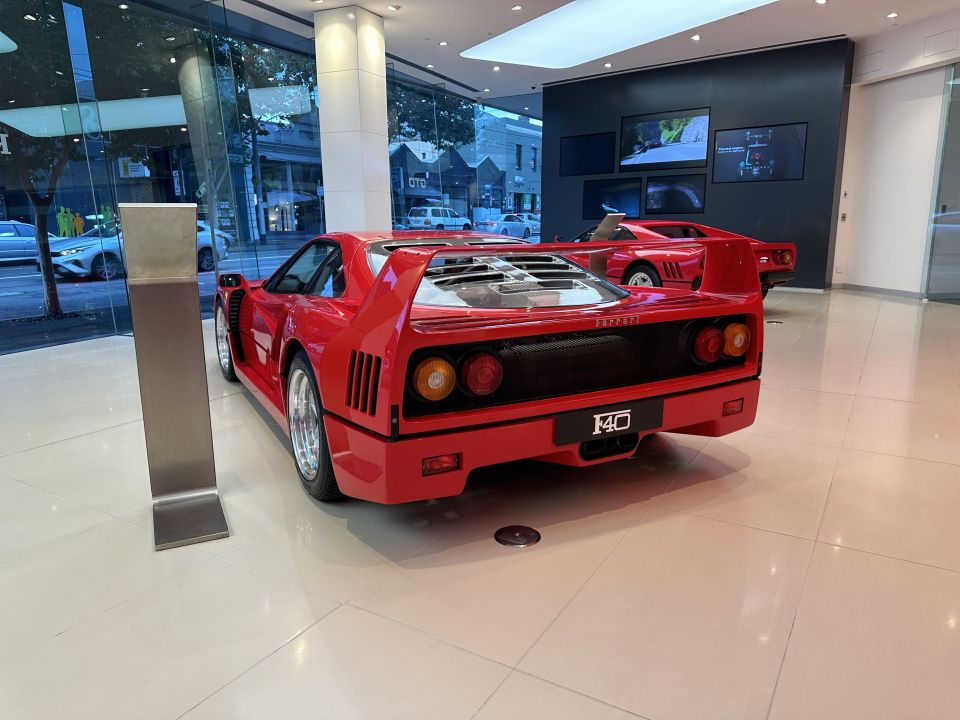
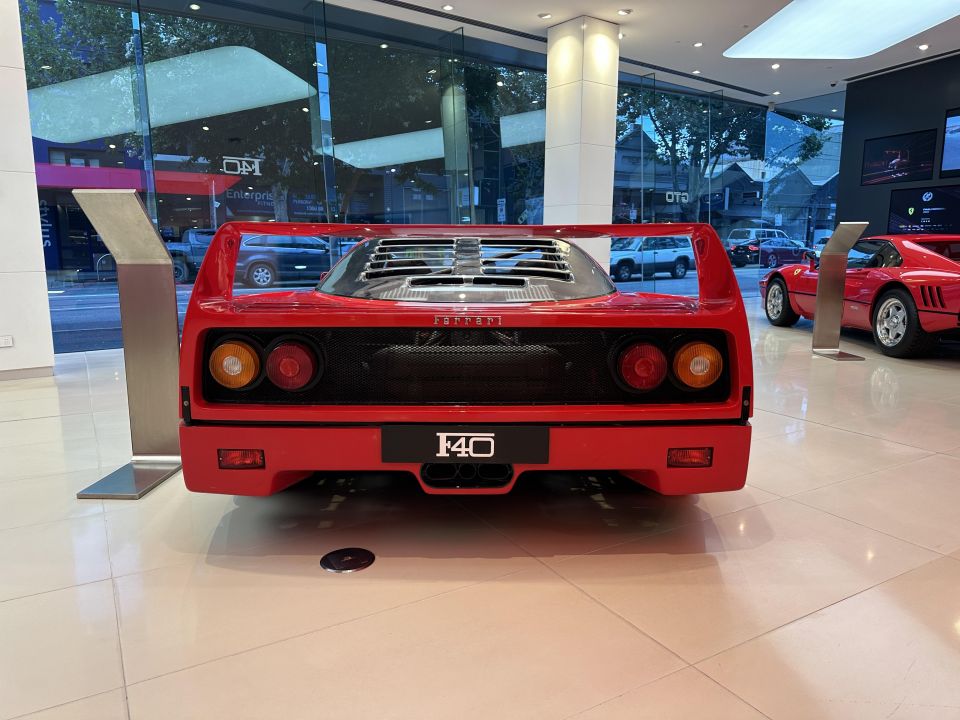
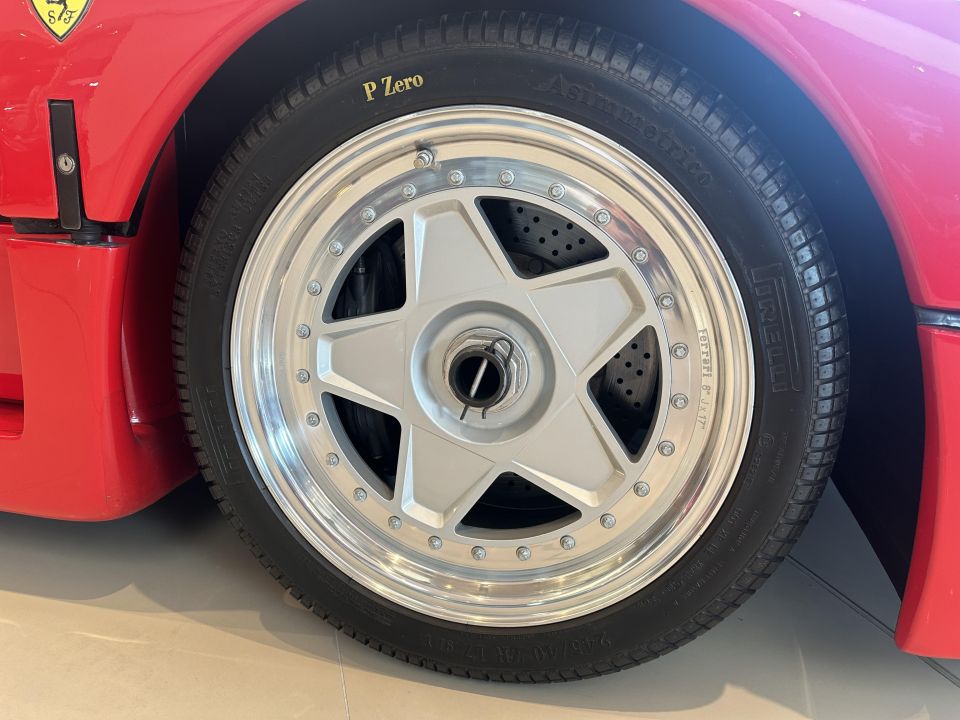
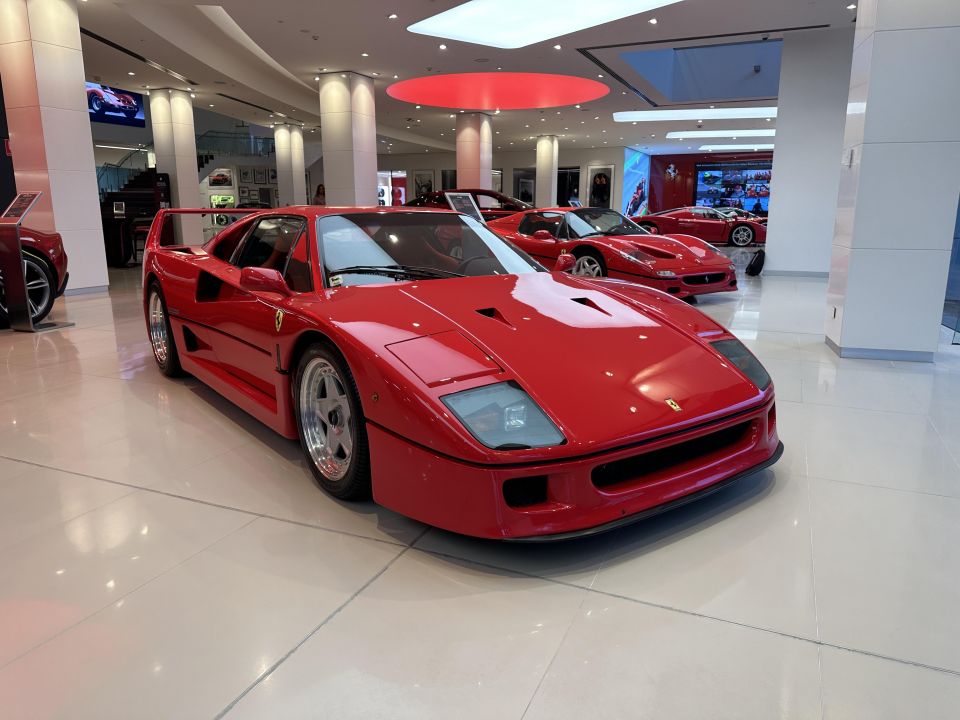
At its core, the F40 sports a 2.9-litre twin-turbocharged V8 engine, capable of generating 352kW of power (US spec was 356kW of power) and 577Nm of torque.
Its sophisticated aerodynamic design and extensive use of carbon fibre, Kevlar, and aluminium helped maintain a kerb weight of just 1254kg (1369kg US version), enabling the F40 to achieve incredible performance levels.
Ferrari F40 key performance figures:
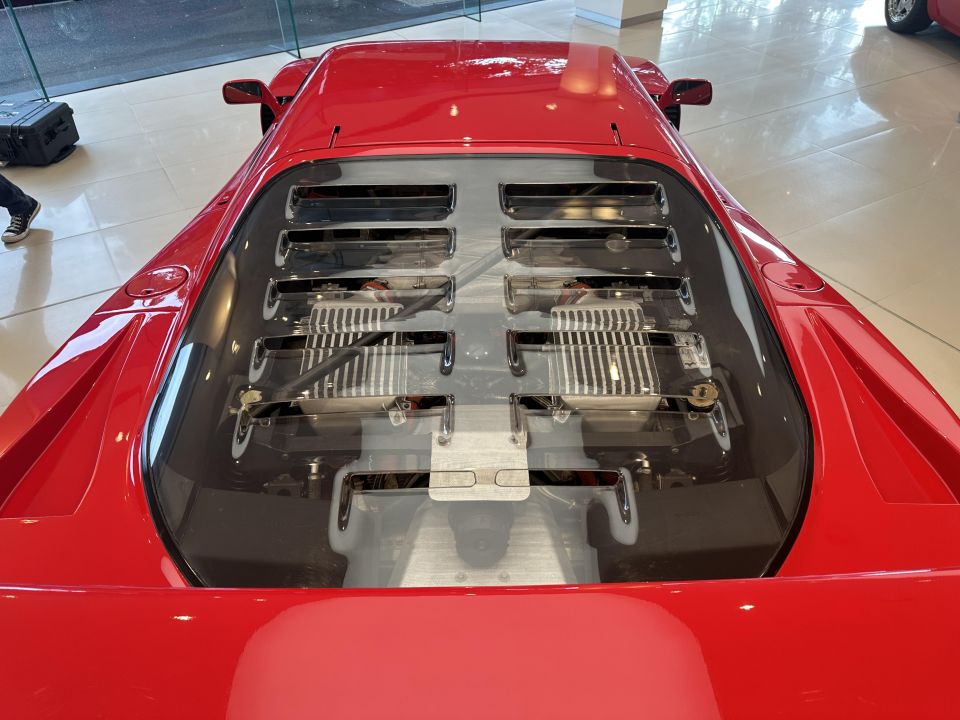
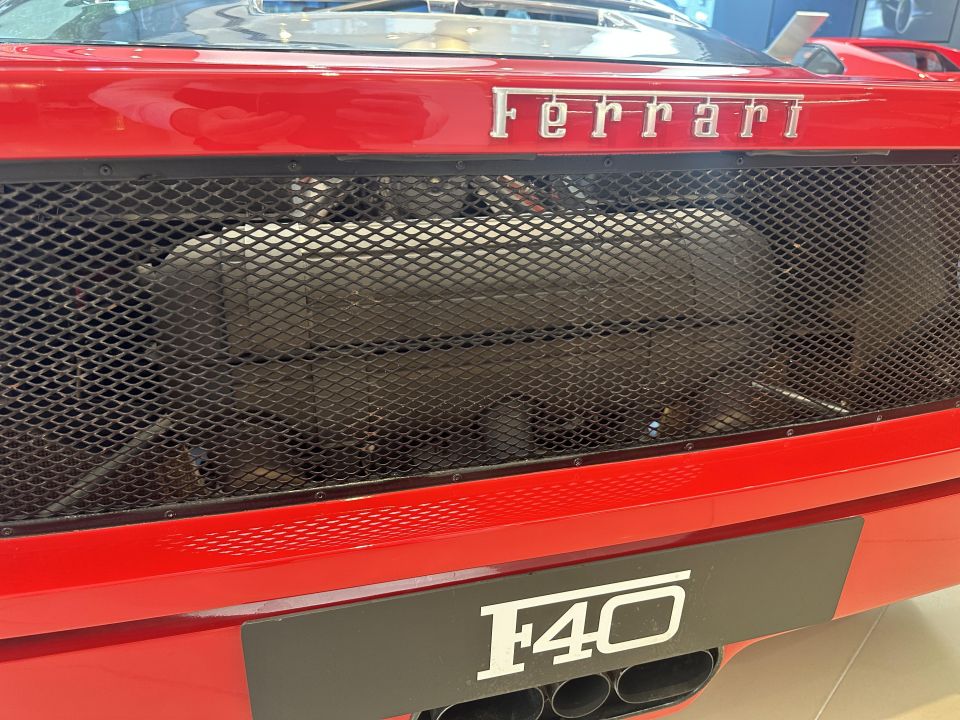
The Ferrari F40 was the first road-legal production car to break the 200 mph barrier, reaching a top speed of 201 mph. Its striking design, marked by a large rear wing and a distinctive wedge shape, remains iconic in the world of automotive design.
Its blend of raw power, advanced technology, and exquisite craftsmanship has earned it a revered status among car enthusiasts and collectors.
Ferrari F50
The Ferrari F50, unveiled in 1995, represents a milestone in the rich history of the Prancing Horse.
The company said it was the closest you could get to a Formula 1 car for public road use. It featured a composite construction monocoque chassis and used the engine, derived from that of the 1990 Formula 1 car, as a stressed member.
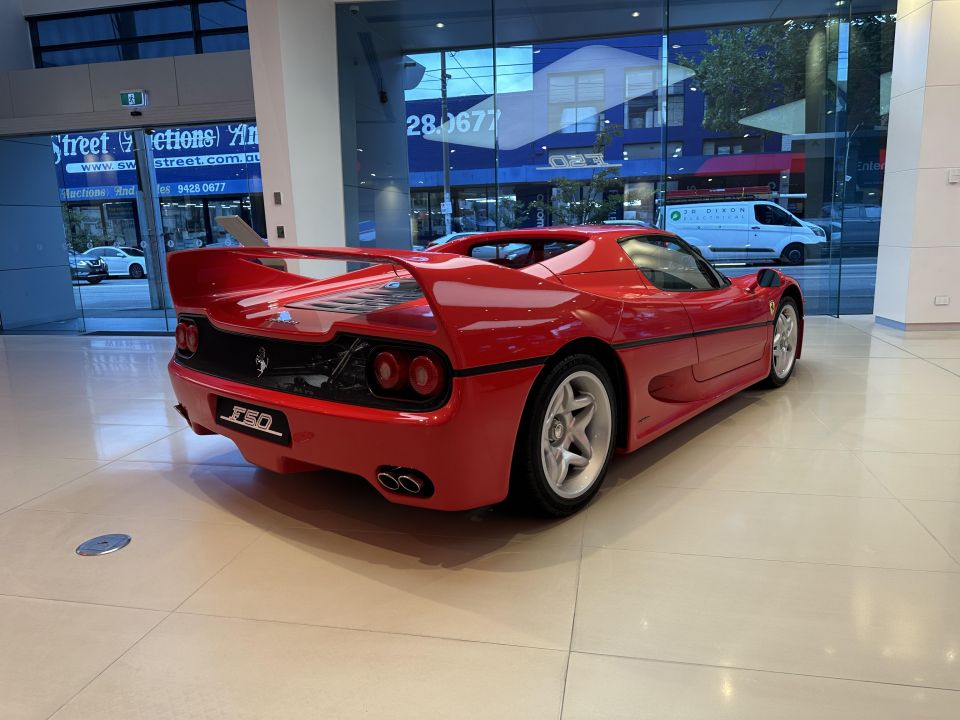
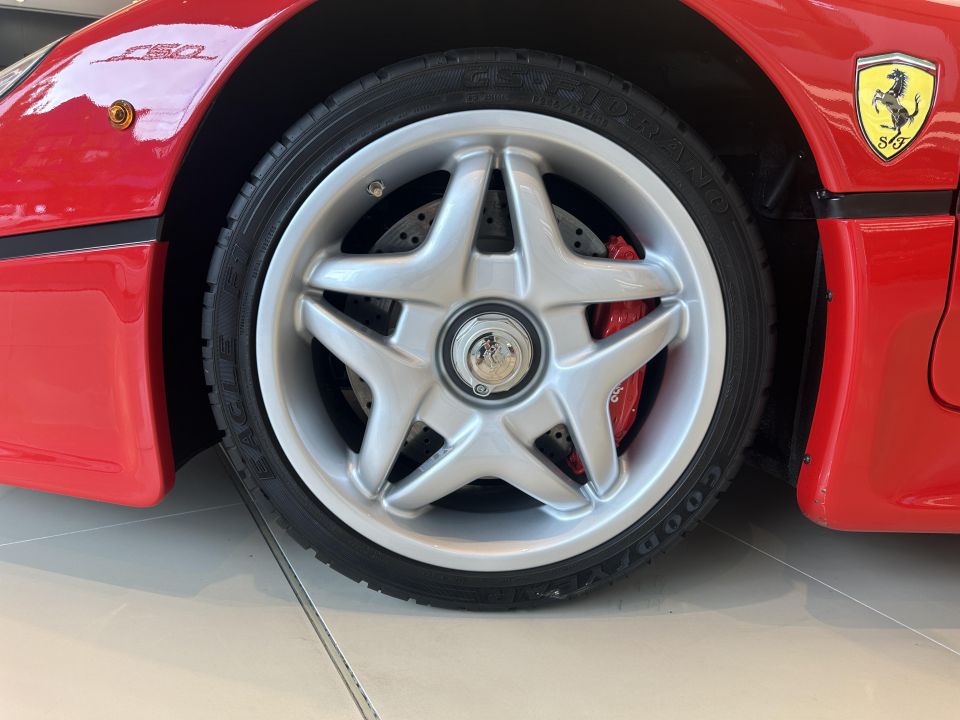
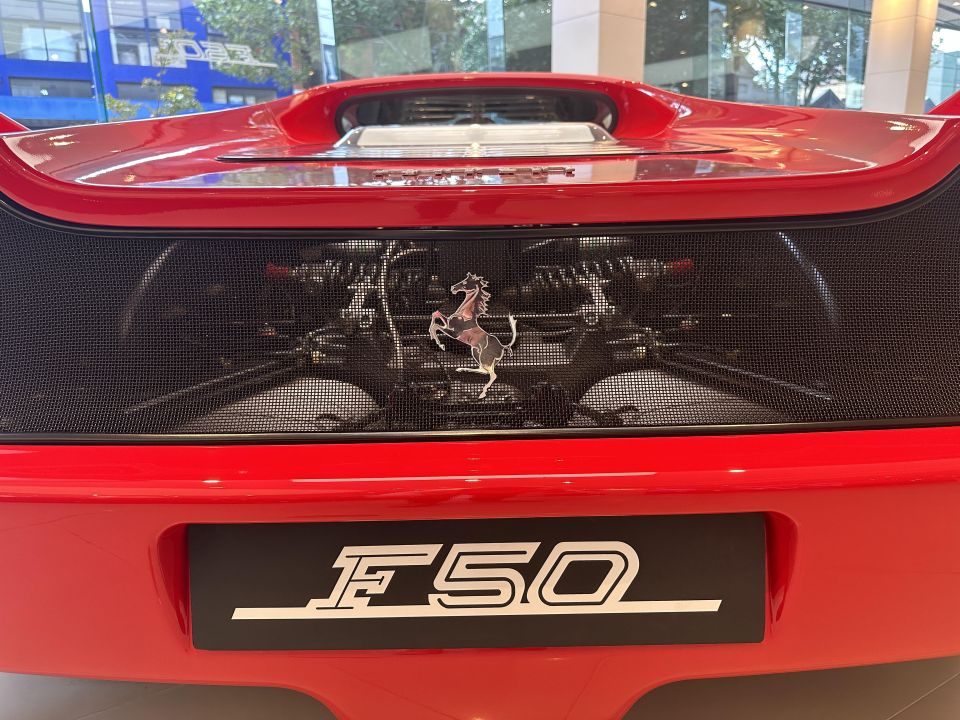
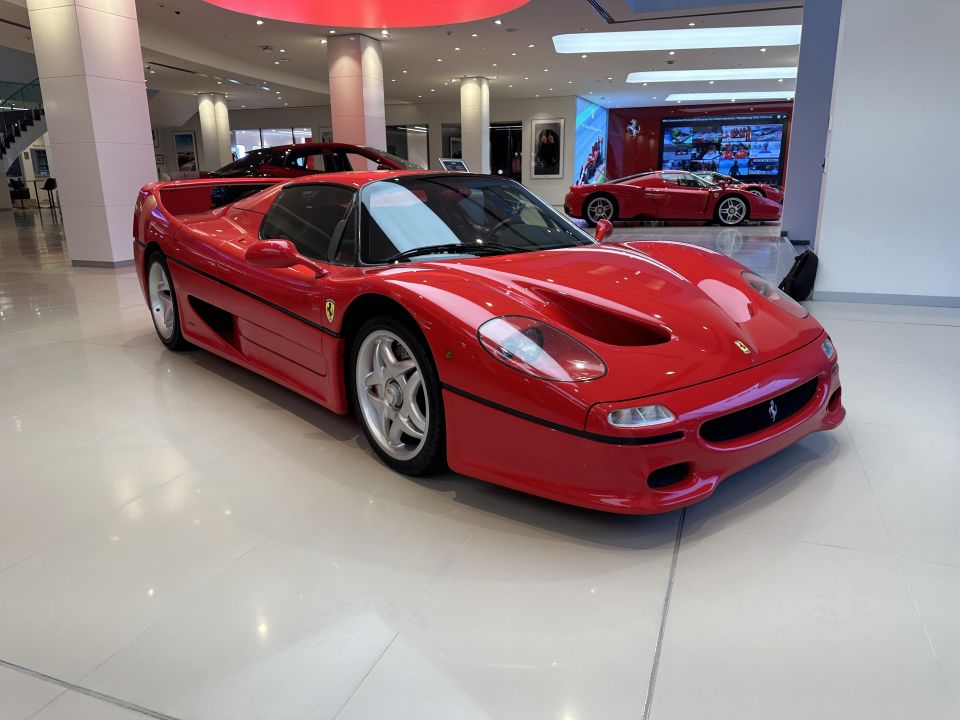
At the heart of the F50 lies a 4.7-litre naturally aspirated V12 engine, derived from Ferrari’s F1 program. This formidable powerplant generates an astonishing 388kW of power and 470 Nm of torque.
Ferrari F50 key performance figures:
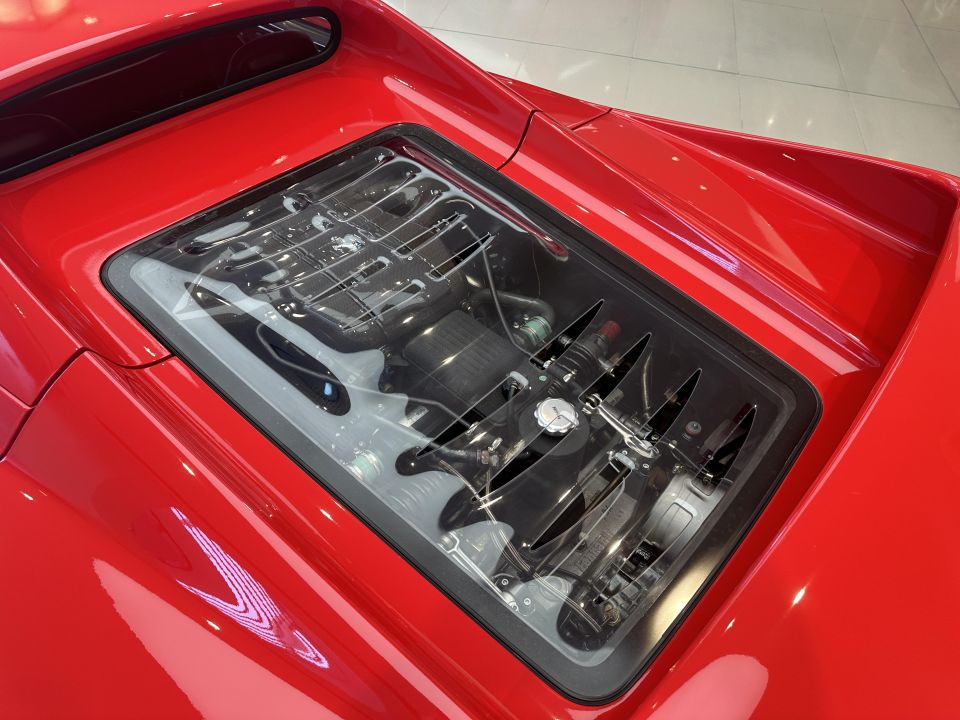
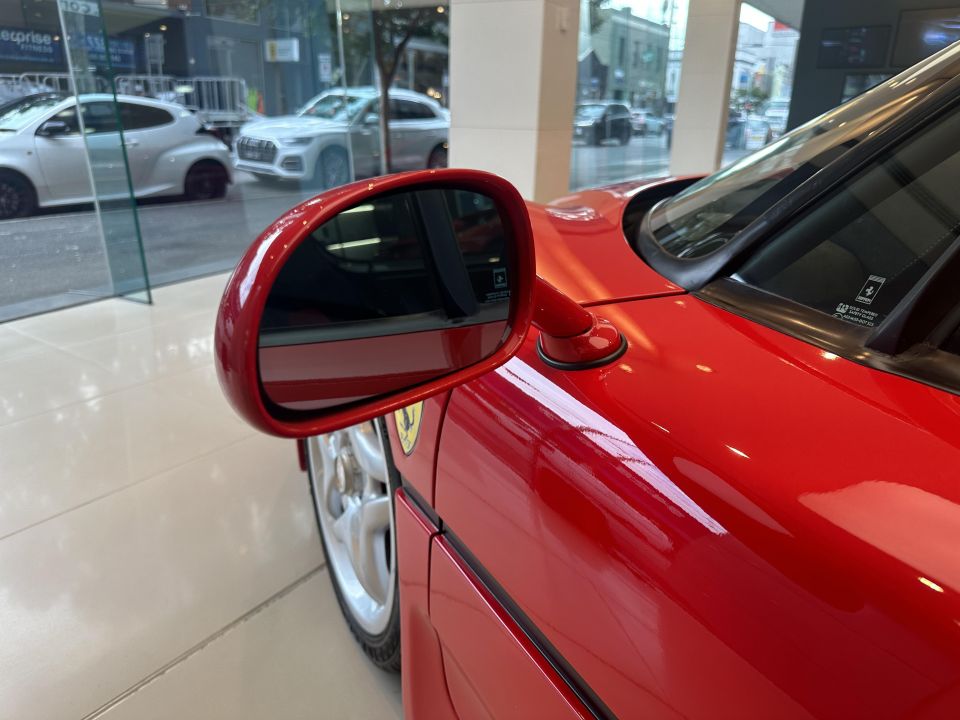
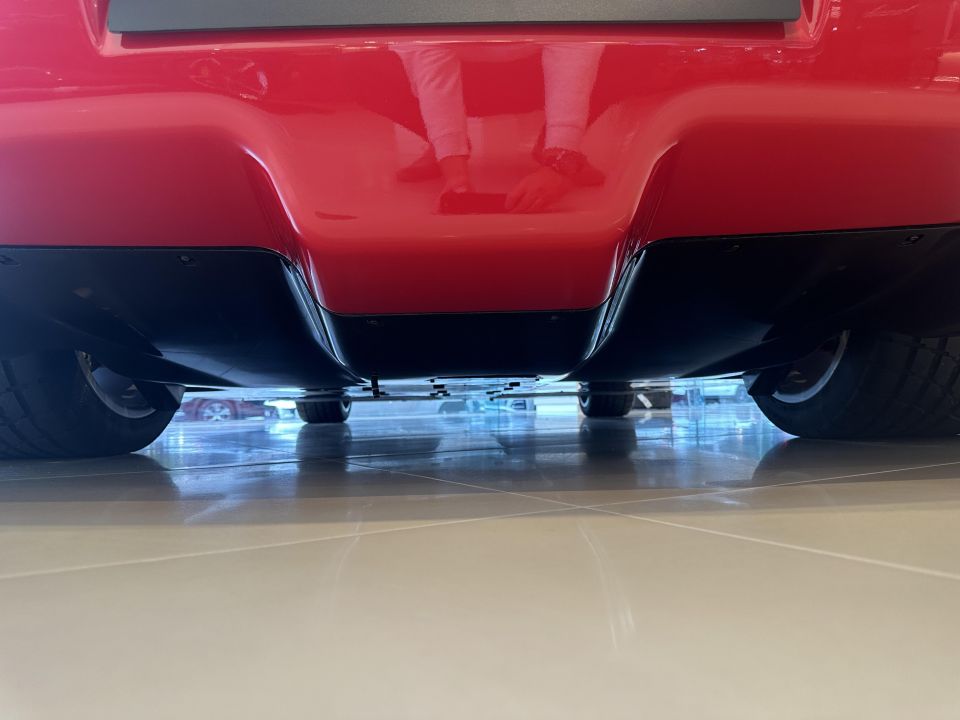
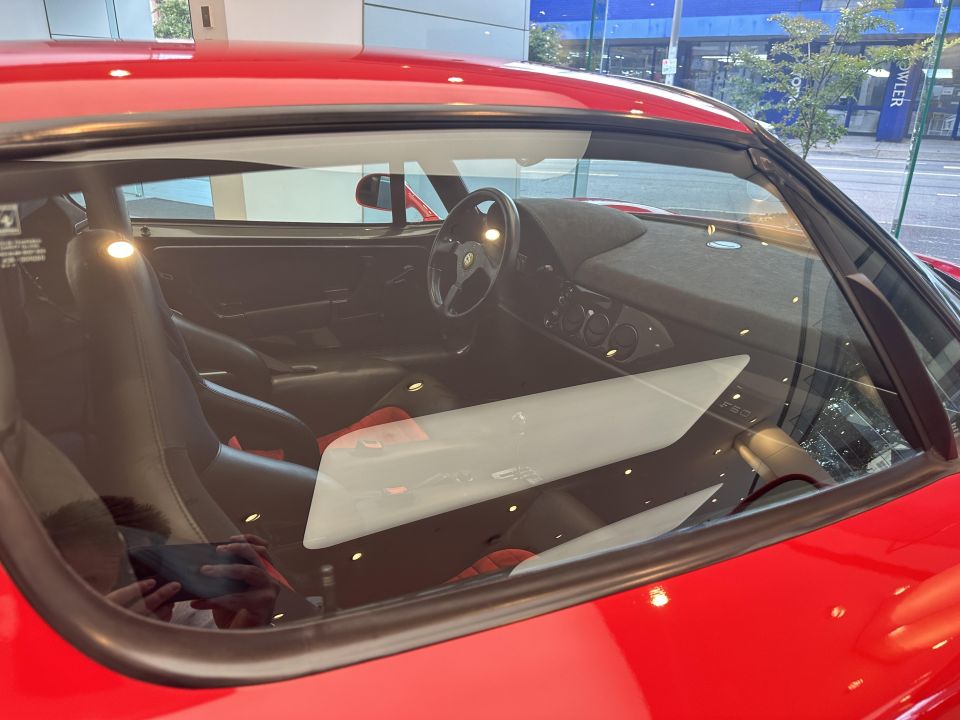
Ferrari Enzo
Unveiled in 2002, the Ferrari Enzo stands as a pinnacle of automotive engineering, offering a superlative driving experience and embodying the Prancing Horse’s relentless pursuit of performance.
Named in honour of the brand’s founder, Enzo Ferrari, it featured front styling heavily inspired by the Formula 1 car’s nose cone, while its semi-automatic paddle-shift transmission was derived from Formula 1 technology and delivered lightning-fast gear changes.
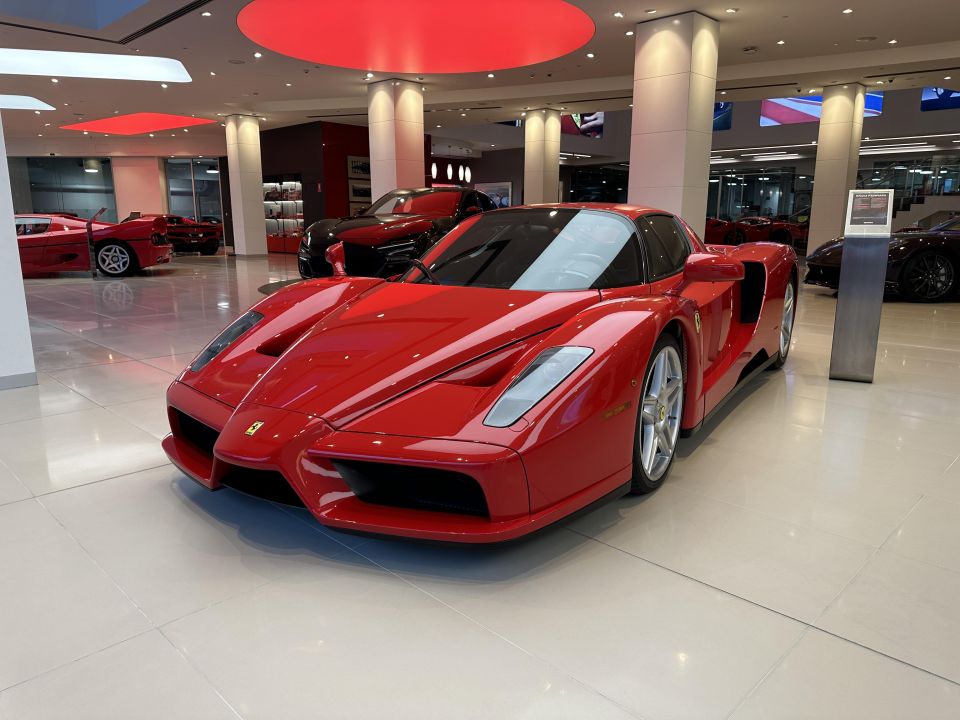
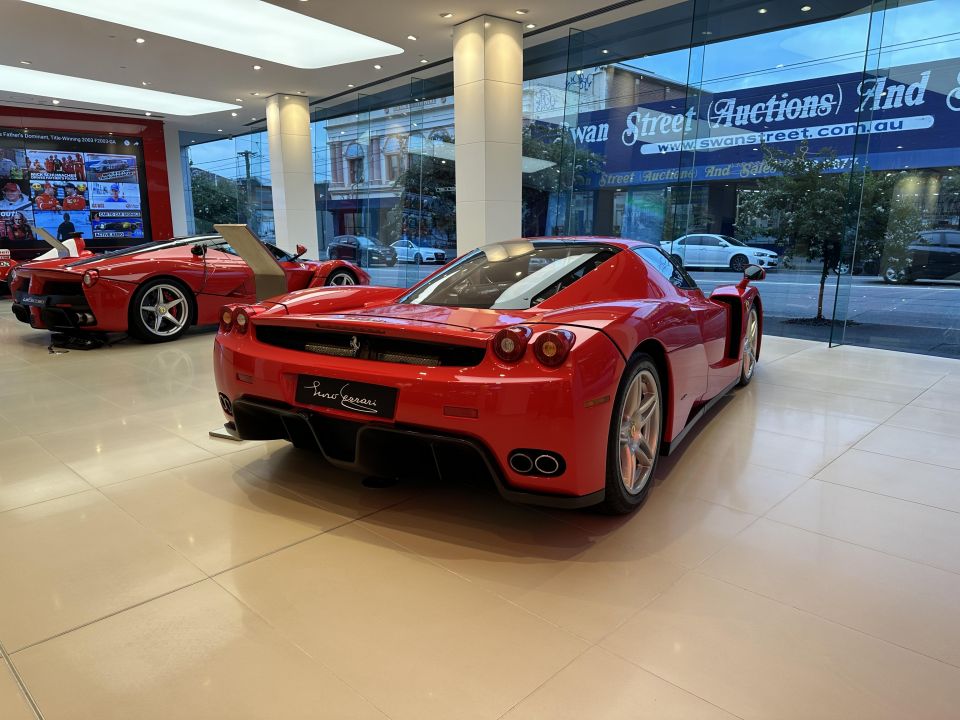
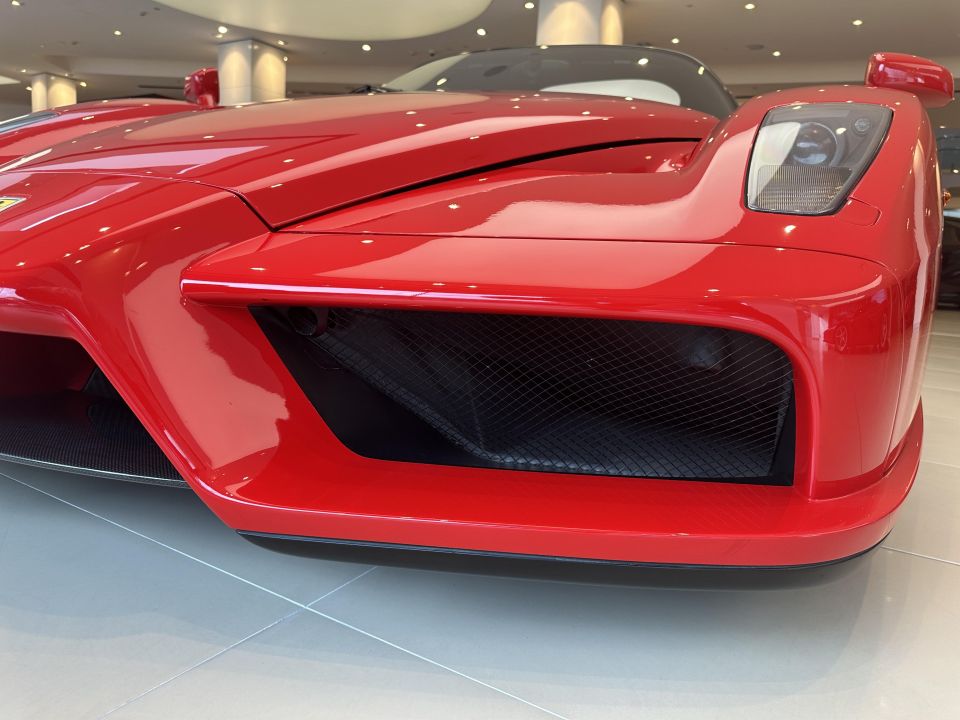
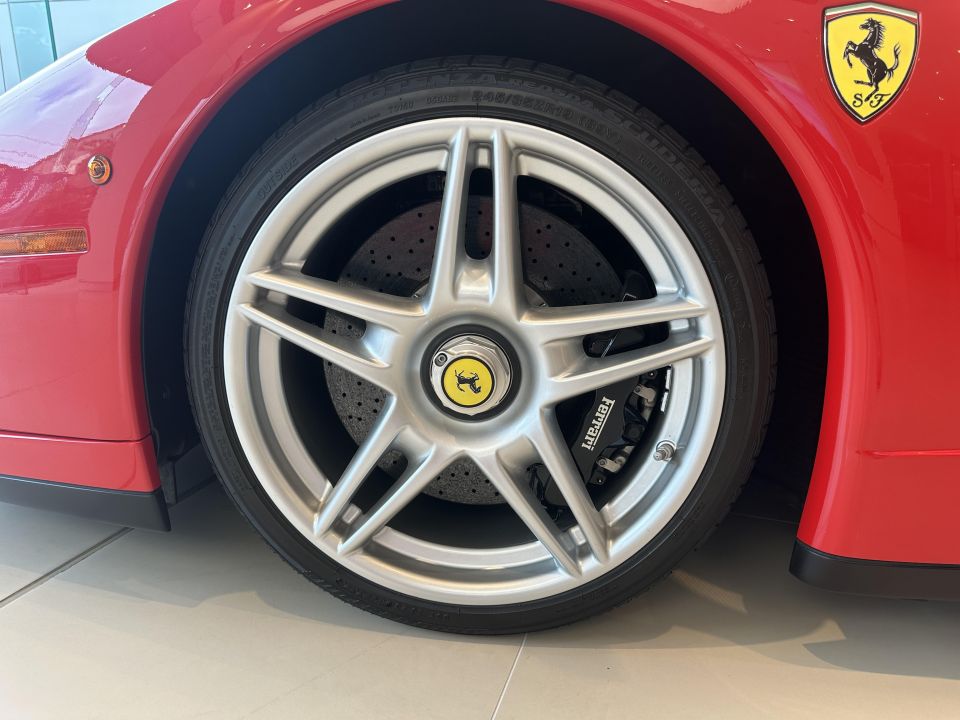
The Enzo’s beating heart is a 6.0-litre naturally aspirated V12 engine, producing a colossal 492kW of power and 657Nm of torque.
Its Formula 1-inspired design and advanced materials, such as carbon fibre and aluminium, contribute to the car’s astonishing performance capabilities and exceptional handling.
Ferrari Enzo key performance figures:
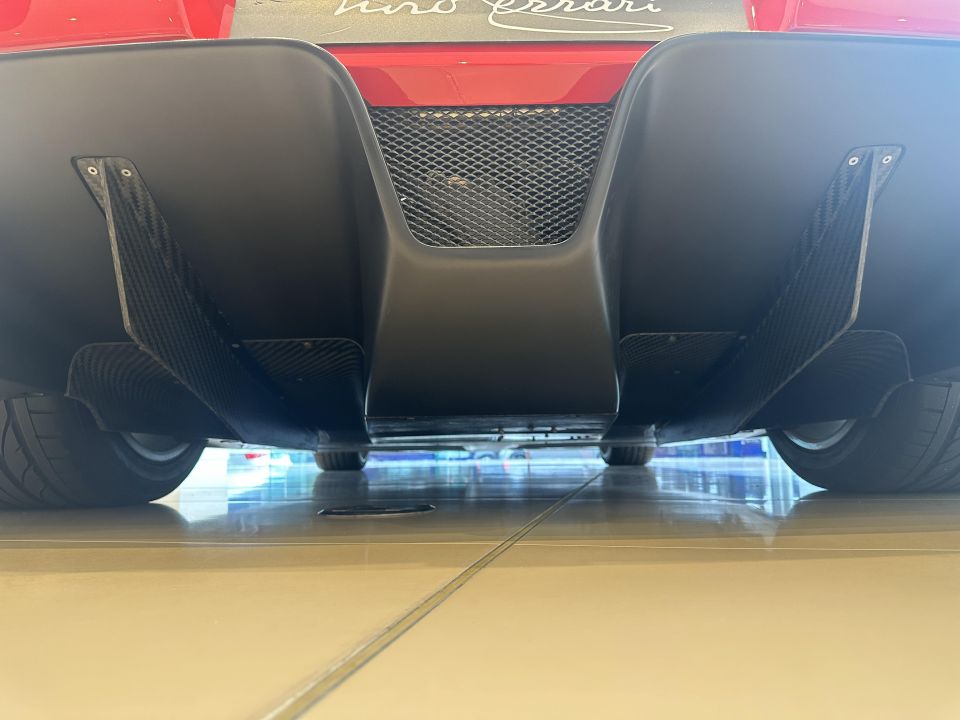
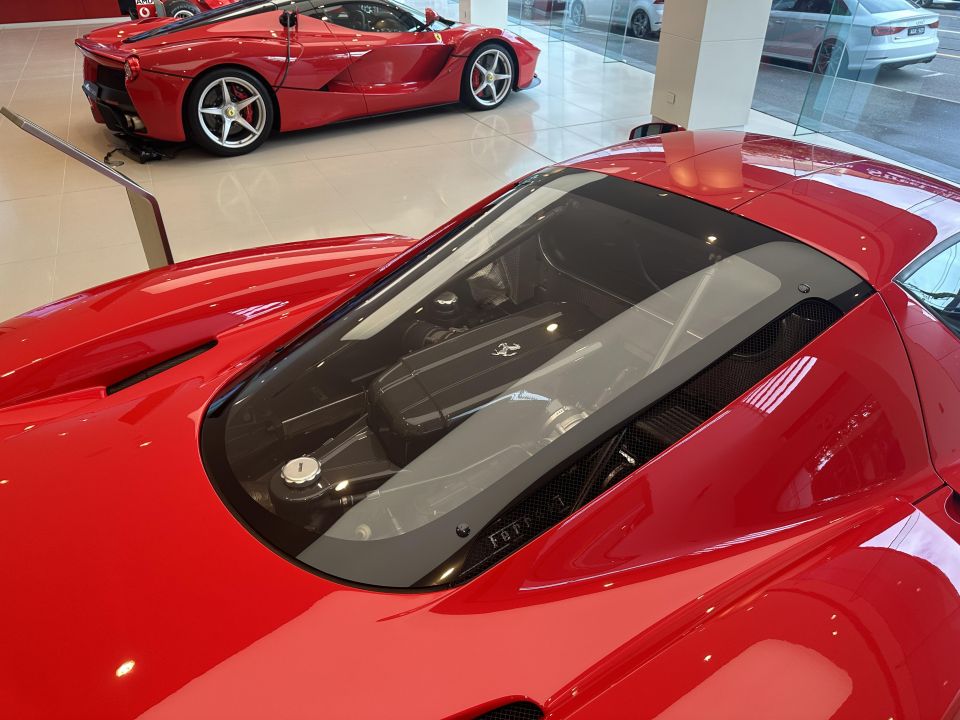
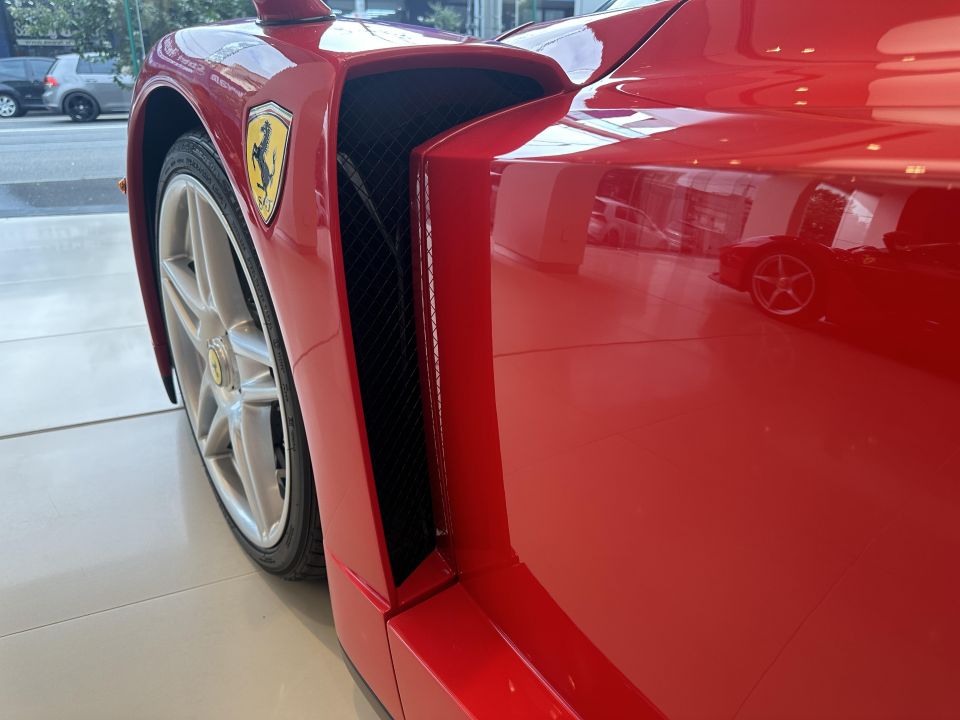
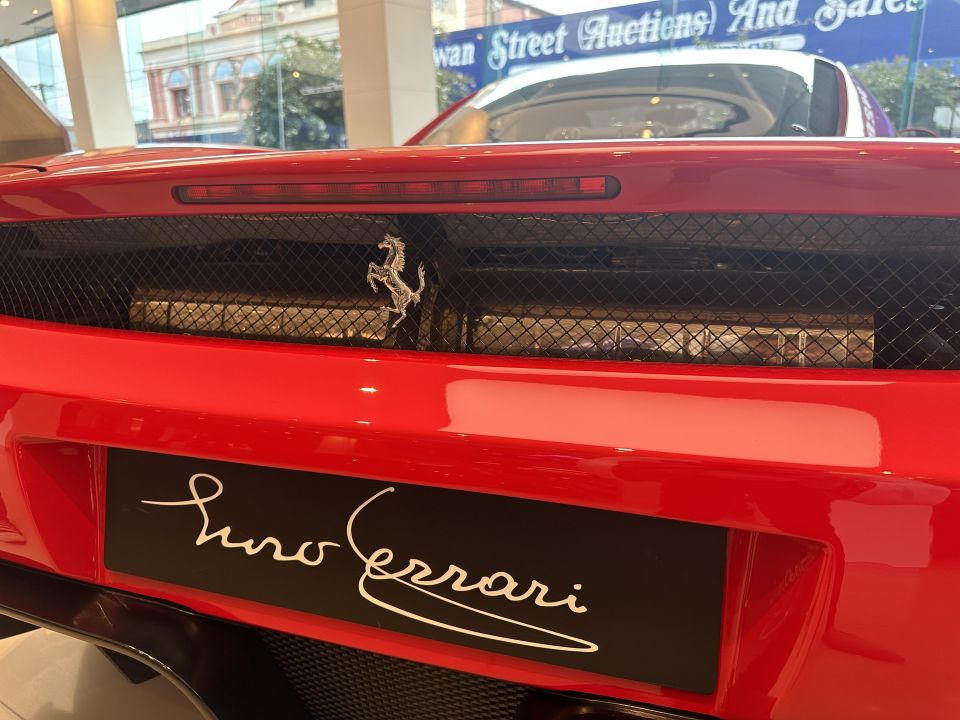
The Ferrari Enzo’s sophisticated aerodynamics, including a dynamic front splitter and an adjustable rear spoiler, allow for optimal downforce and stability at high speeds.
Ferrari LaFerrari
LaFerrari was unveiled in 2013 as the brand’s first-ever hybrid supercar.
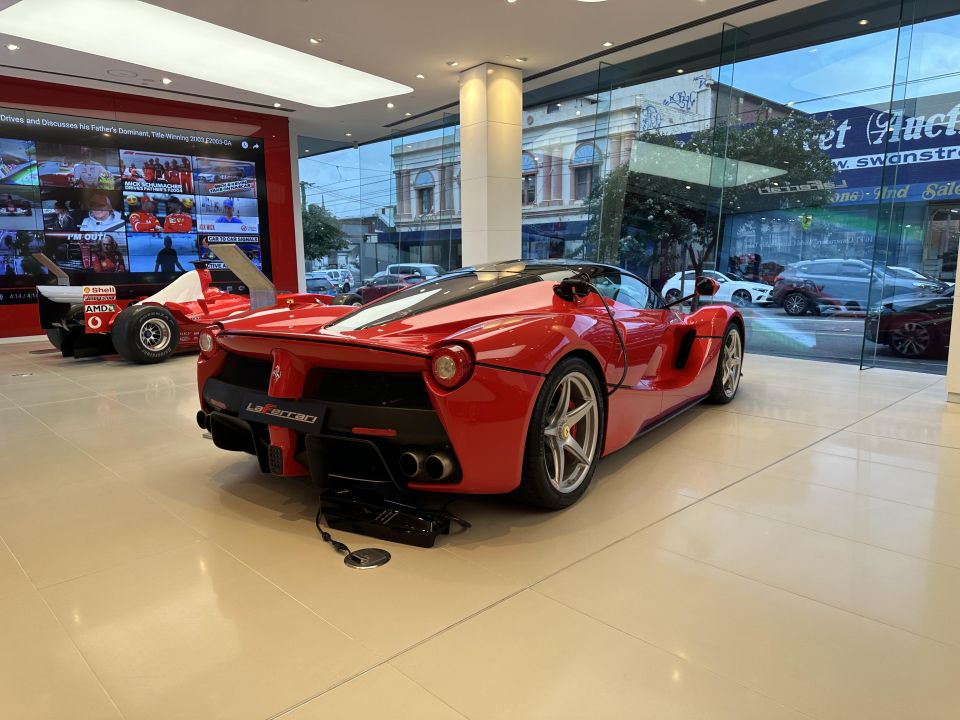
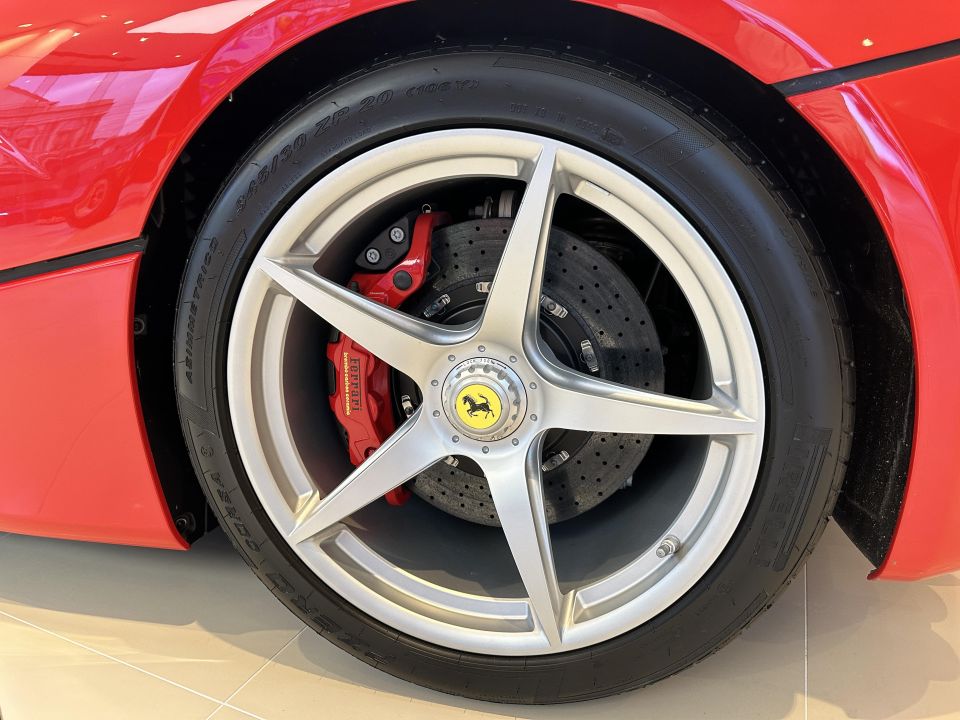
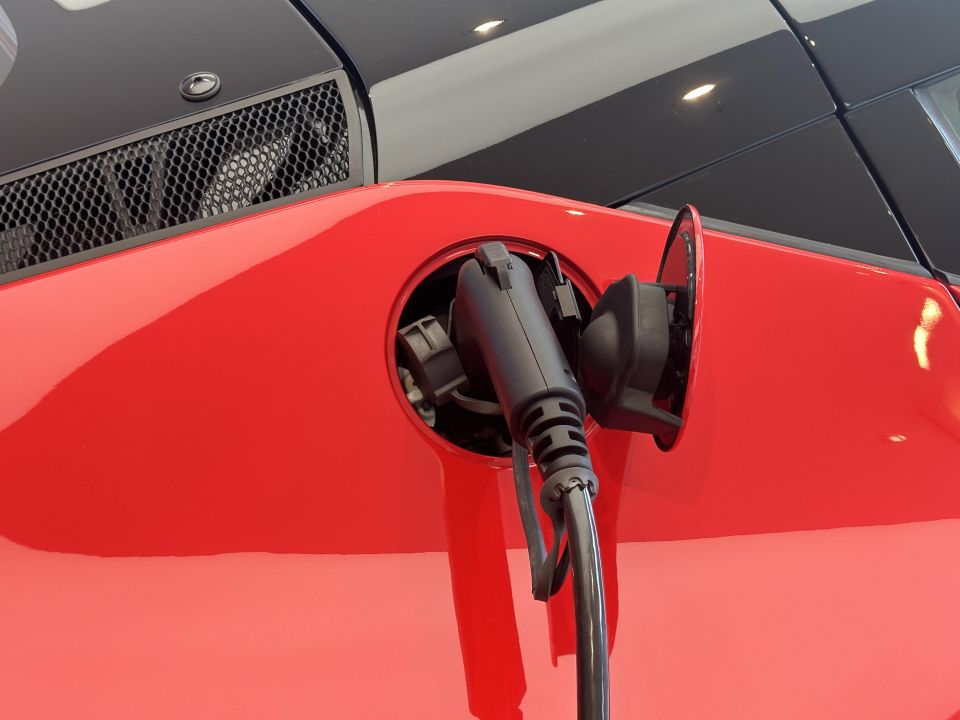
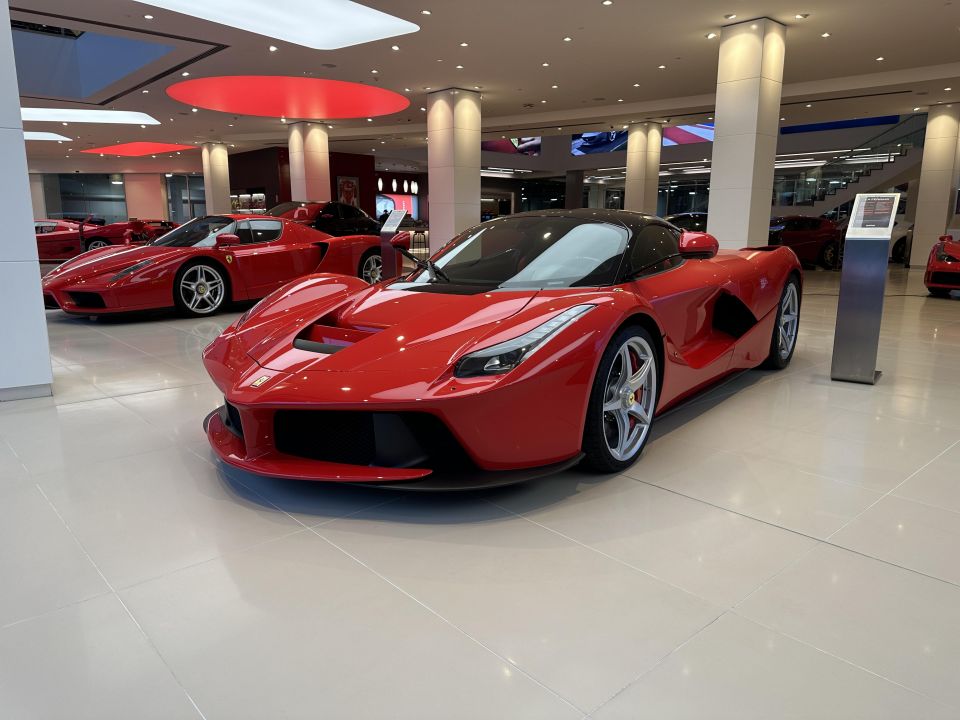
Under its striking bodywork, LaFerrari features a 6.3-litre naturally aspirated V12 engine, paired with an advanced HY-KERS hybrid system. This combination generates a staggering 708kW of power and 900Nm of torque.
Ferrari LaFerrari key performance figures:
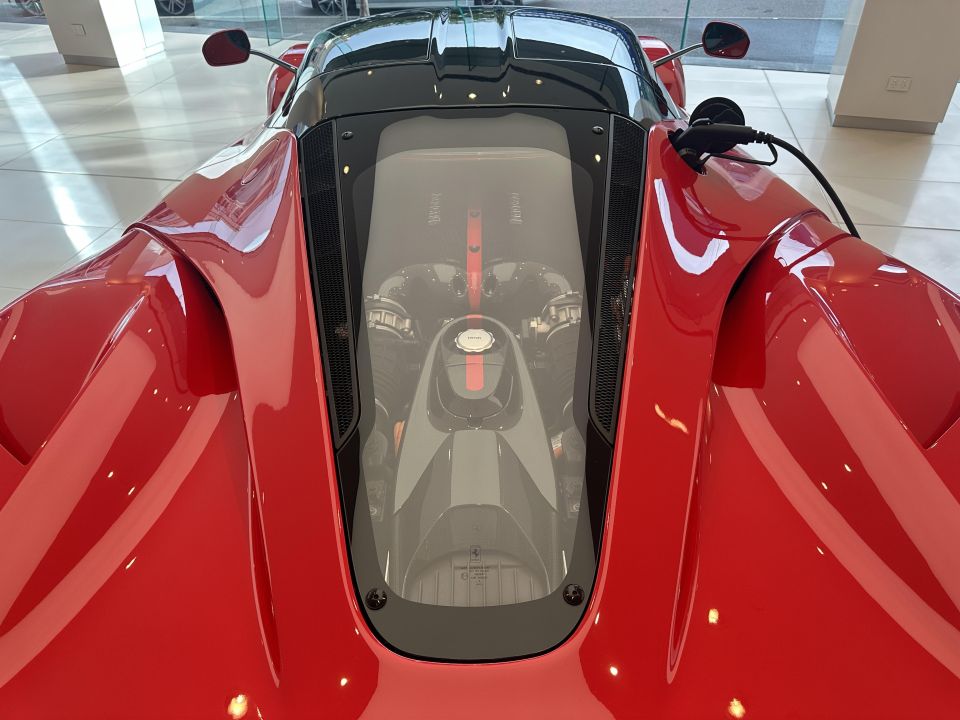
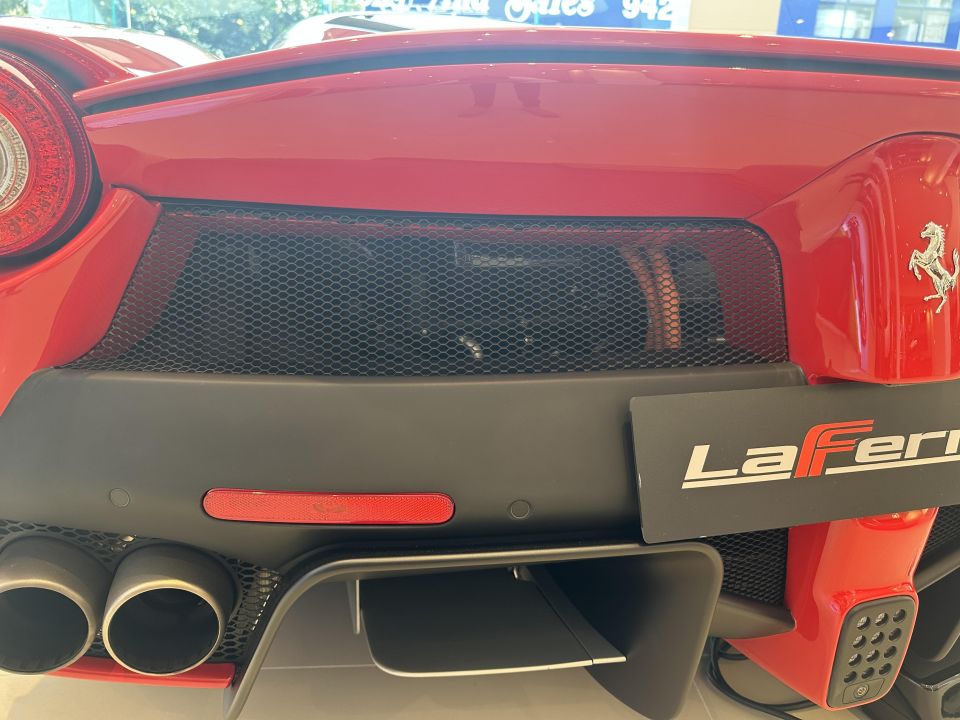
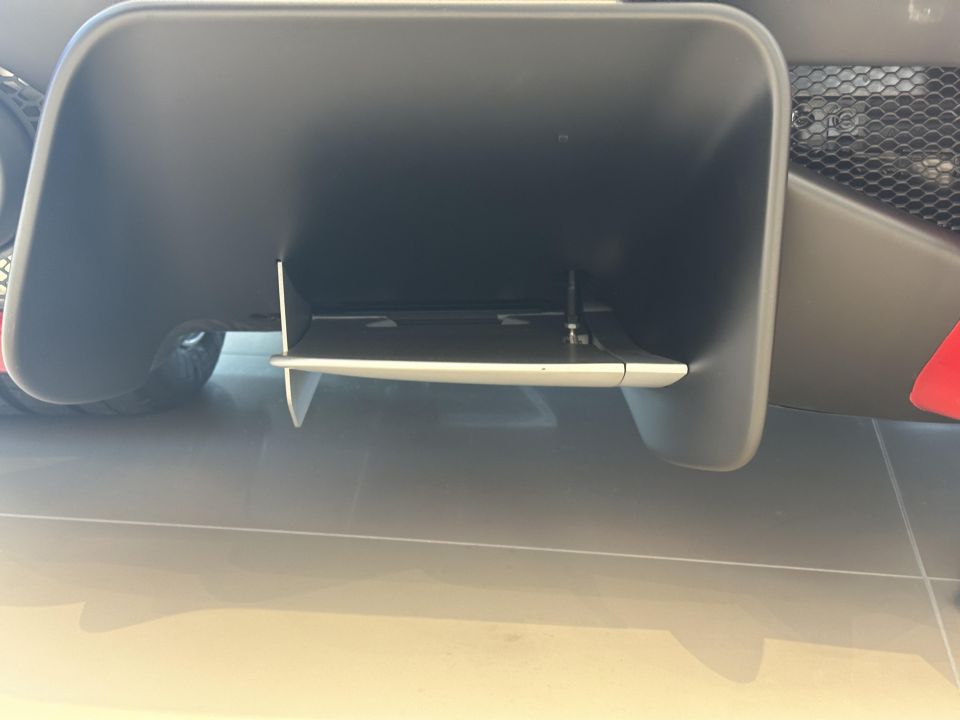
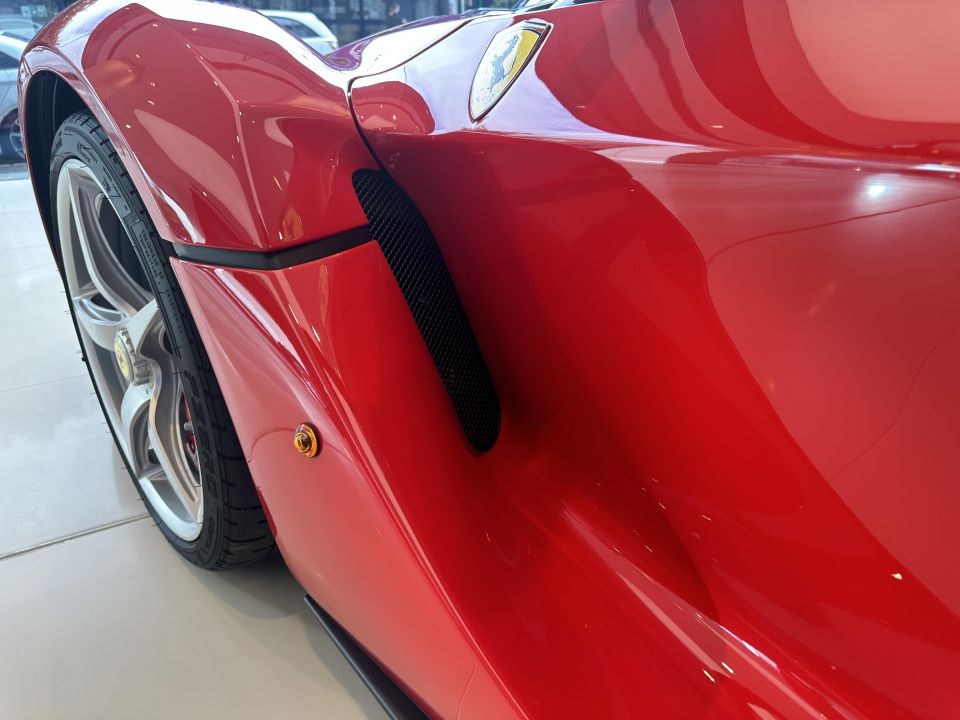
LaFerrari’s innovative carbon fibre monocoque chassis, designed using Formula 1 technology, and advanced active aerodynamics result in exceptional handling and agility.
The seamless integration of the hybrid system enables the car to deliver instantaneous power while maintaining remarkable efficiency, at least for a supercar.
Where expert car reviews meet expert car buying – CarExpert gives you trusted advice, personalised service and real savings on your next new car.
Paul Maric is a CarExpert co-founder and YouTube host, combining engineering expertise with two decades in automotive journalism.


Damion Smy
7 Hours Ago
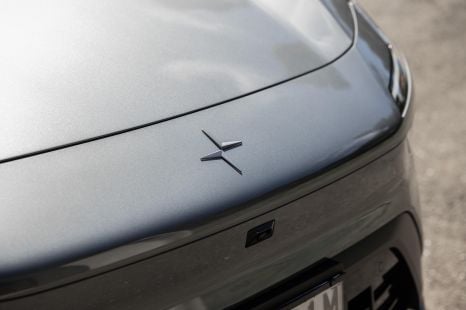

Damion Smy
8 Hours Ago
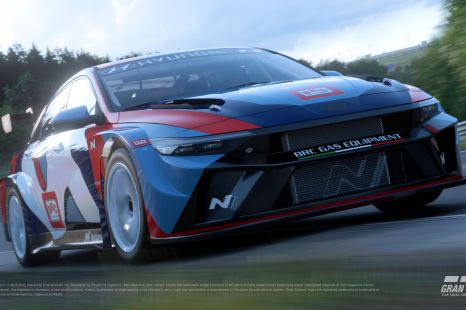

Damion Smy
9 Hours Ago
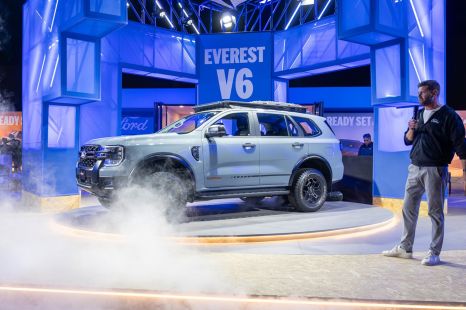

Damion Smy
12 Hours Ago


CarExpert.com.au
13 Hours Ago


Ben Zachariah
15 Hours Ago